2 August 2021
Philomena Franz
Holocaust Survivor
Testimony on the occasion of 2 August 2021, European Holocaust Memorial Day for Sinti and Roma
Moje dzieciństwo było naprawdę dobre. Wychowywałam się w mojej rodzinie. Byłam najmłodsza i byłam rozpieszczana, poszłam do szkoły. Tak, a potem mój brat dostał wezwanie do wojska. On był w wieku, w którym musiał wstąpić do armii. Był w Baden-Baden w koszarach i miał swoją pracę. Ukończył dwuletnią służbę wojskową i był wtedy wyszkolonym żołnierzem. Od razu stamtąd wyszedł. Potem wybuchła wojna i on znalazł się w pierwszej grupie, która była na froncie. A potem zmuszono mnie do pracy w frabryce. Był list w skrzynce na listy, pokazałam im go. Musimy i z Gestapo, musimy wykonać służbę rozpoznawczą, ale zawsze wszystko szło dobrze. Brat był na froncie, więc nie mogli się źle ze mną obchodzić. Ale inni, wszyscy byli zabierani codziennie. Żydzi wszyscy byli deportowani, więc to był straszny czas. Nie wiem jak ludzie z tym sobie radzili. To było okrutne, ale pewnego dnia przyszło i do nas Gestapo. Mój pan miał łzy w oczach. Wtedy powiedział do mnie i wiele więcej już nie mówił: "Philo, na dole jest dwóch mężczyzn, którzy chcą z tobą rozmawiać." Ale z góry już widziałam przez okno znak Gestapo na samochodzie. Wiedziałam wtedy, że nigdy nie wrócę już do domu. Nie zobaczę już mojej matki. Moja mama była wtedy sama w domu, nie mogę powiedzieć, jak się potem czuła. Byłam w Auschwitz. Nie spotkałam juz nikogo, nie mogłam już nic zrobić... Trafiliśmy do obozu rodzinnego. Można było się wszędzie przemieszczać, każdy wchodzić do każdego baraku, żeby sprawdzić, czy ktoś wciąż tam jeszcze jest. Widywałam mojego wujka z czwórką swoich dzieci. Potem żona już umarła, a on był sam. Wtedy powiedziałam: "Co ty tu robisz sam?" Dzieci trafiły do krematorium i po wojnie już nigdy nie widziałam wujka, żadnych dzieci, nic. Wszystko przepadło. Nie można nic powiedzieć, to było tak okrutne, nie można znaleźć słów, by to opisać. To jest niewiarygodne, niewiarygodne, ale naprawdę prawdziwe. Jestem jedynym świadkiem który dożył tego wieku i który przetrwał to wszystko. Nadal mam pieczątkę tutaj na ramieniu. Nadal mam numer tutaj. Tu: 10550. To już nie wystarczyło, że mamy swoje plakaty, czy coś, nie, musieli nam jak bydłu wytłoczyć numery. Widzicie, noszę pieczęć na moim lewym ramieniu. Nadal jestem świadkiem i przeżyłam ten straszny czas. Więc postanowiłam sobie, że jak tylko, stąd wyjdę, wtedy nigdy nie przestanę innym o tym opowiadać. Tak zrobiłam. Wszędzie jeździłam, po całych Niemczech. Podróżowałam i pomyślałam: "Kto inny ma się tym zająć?" Są nieliczni, którym udało się wyjść, którzy mogli się wybronić. A ja chodziłam do szkoły. Potrafiłam się dobrze wysławiać i myślałam, że: "Teraz pójdziesz do szkół". Młode pokolenie musi wiedzieć, co się wtedy stało ponieważ to oni kierują i tworzą ten kraj. Oczekuję od nich wiele, ponieważ coś takiego nigdy więcej nie może się powtórzyć w naszym kraju. Zależy to od sposobu, w jaki sposób przekazuje się ludziom to co się stało. Można to robić na wiele sposobów. Wybrałam ten dobry wariant, stanęłam po stronie pojednania, i chciałam się pojednać. Nie chciałam mieć nienawiści, ale oświecenie, bez nienawiści i bez oskarżania. Co młodym ludziom chcę powiedzieć: Chcę powiedzieć, że kiedy nienawidzimy, przegrywamy. Miłość jest najwyższą wartością posród uczuć. Bo miłość daje nam wszystko. Jest jak mały klejnot. Bez miłości człowiek nie może żyć. Jeśli jest pozbawiony miłości, jest zdolny do wszystkiego, ponieważ nie wie już, co jest dobre, a co złe. My umiemy uczyć się na własnych błędach. Coś takiego nie może się już nigdy powtórzyc w naszym kraju. Czy pozwolimy na coś takiego, nie sądzę. Żyjemy dziś w wolnym, demokratycznym państwie i każdy może powołać się na swoje prawa. Kiedy wie, że został skrzywdzony, wtedy może powiedzieć "Nie możesz tego robić." Wiecie Państwo, myślę, że my Sinti nigdy do tej pory nie byliśmy bardziej wolni. Mamy naszą wolność, jesteśmy warci tyle, ile każdy obywatel i to jest dla mnie decydujące.
Yes, and then I was conscripted into service, I had to work in a factory. We got a letter in the letterbox, I showed it to you. We also had to go to the Gestapo, we had to do recognition duty, but it always went well. Because I had my brother at the front. So they couldn’t act so badly with me. But the others, they were all deported every day. The Jews were all deported, so it was a terrible time. I don’t know what people got out of it. It was cruel, but then one day the Gestapo came.
My training supervisor had tears in his eyes. And then he said to me, and he didn’t say much more anyway: “Philo, there are two men downstairs who want to talk to you.” But I had already looked out of the window from the topfloor of the company and I saw the Gestapo sign on the car. Then I knew I wouldn’t be coming home. I wouldn’t see my mother any more. My mother was then alone at home and I can’t say how she was afterwards.
I was then in Auschwitz. I didn’t see anyone anymore, I couldn’t do anything… We were sent to the family camp. You could walk all over the place, run into every barrack to see if anyone was still there. I saw my uncle again who had four children. His wife had already died and he was alone. So I said, “What are you doing here alone?” The children all went to the crematorium and after the war I never saw my uncle again, no children, nothing. Everything gone. You can’t say anything, it was so cruel, you can’t find words. So it’s unbelievable, unbelievable but really true.
I am the only contemporary witness who has already reached that age and has been through all that. Who still has a stamp on her arm. I still have the number here. Here; 10550. It was no longer enough for us to present our badge or what, no. No, they had to, and like animals, they stamped us. You see, I still wear the stamp on my left arm today. I am still a contemporary witness and I lived through those terrible times. So I made up my mind that as long as I get out of here, I will never give up doing educational work and that’s what I did.
So I did that everywhere, all over Germany. I travelled around and I thought “Who else is going to do it?” there are few who still got out, who could resist. And I went to school, I could articulate myself well and I thought, “Now you do it in schools”. They have to know, the young generation, what happened back then, because they are directing and shaping this country for once and I expect a lot from that, because something like that must never happen again in our country.
What matters is the way in which people are taught what happened. It could be done in many variations. I chose the good side, the reconciliation side and I wanted to have reconciliation. I didn’t want to have hate, but enlightenment, that had to be, but without hate and without accusation.
What I wanted to say to the young people: I want to say that when we hate we lose. Love is the very highest of feelings. Because love is everything to us. It is a, a like, like a little, like a jewel. Without love, man cannot live. When he is without love, he is capable of anything, because he no longer knows what is good and evil. We must learn from our mistakes. Something like that must never happen again in our country, because if we allow something like that to happen, but I don’t think so.
We live in a free democratic state today and everyone is allowed to put forward their rights, if they know I have been wronged then they can go and say. “Here, hello you can’t do that.” You know, I think we Sinti have never lived more freely than we do today. We have our freedom, we are worth just as much as any citizen and that is decisive for me.
Świadectwa osób ocalałych z Holokaustu
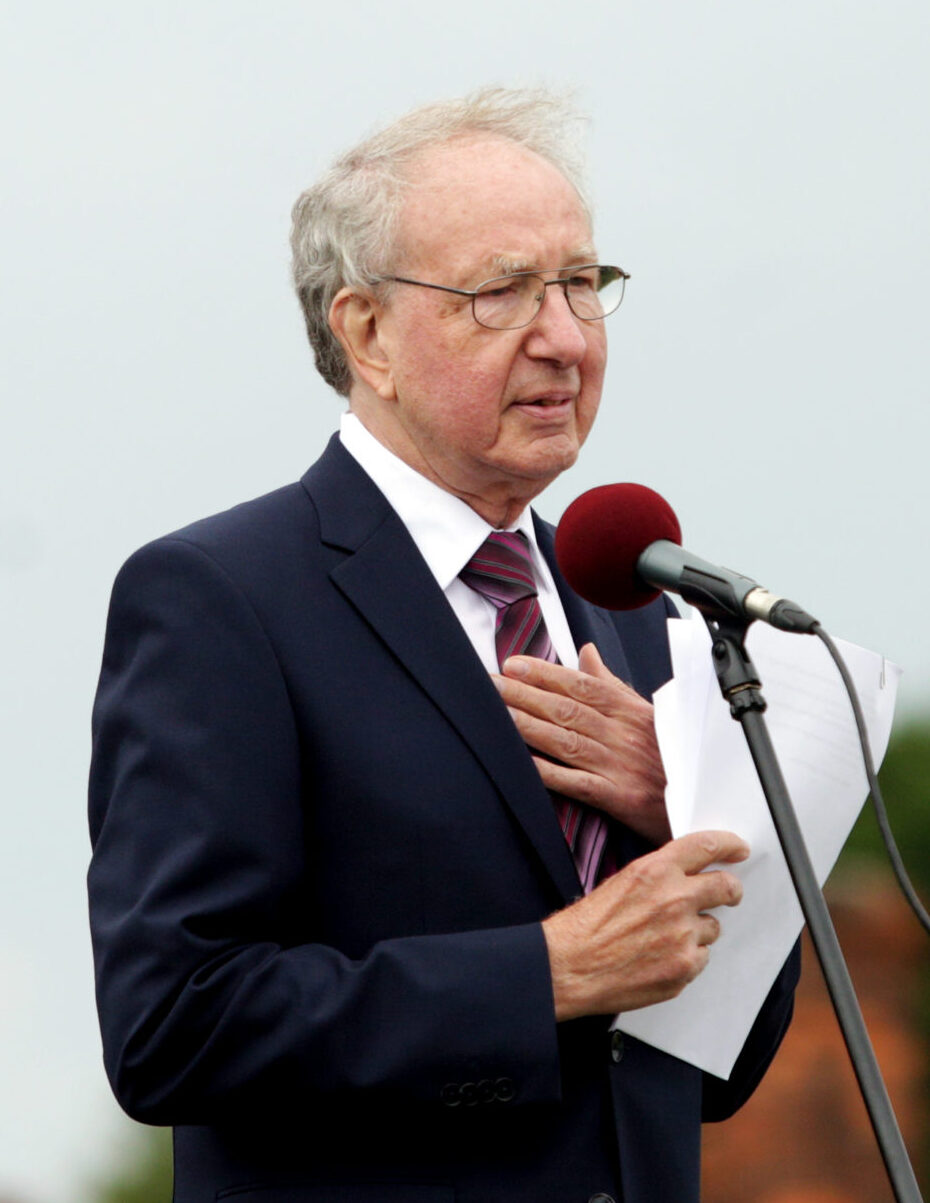
Werner Friedrich
ocalała z Holokaustu
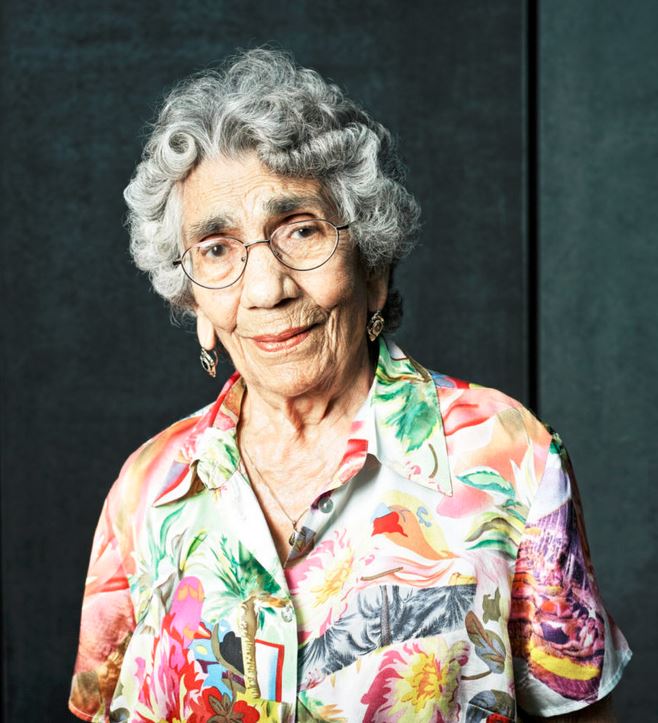
Zilli Schmidt
ocalała z Holokaustu
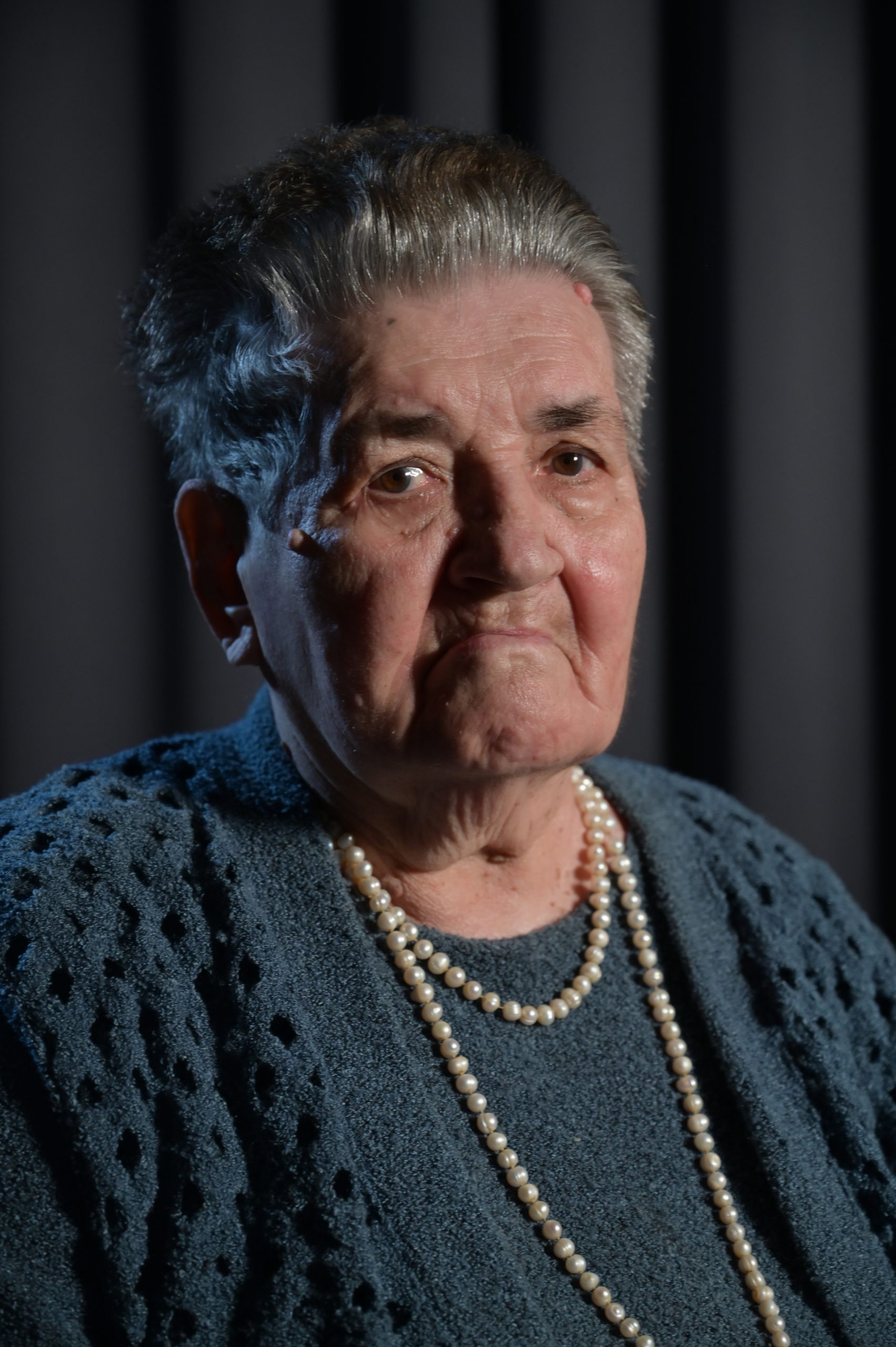
Krystyna Gil
ocalała z Holokaustu
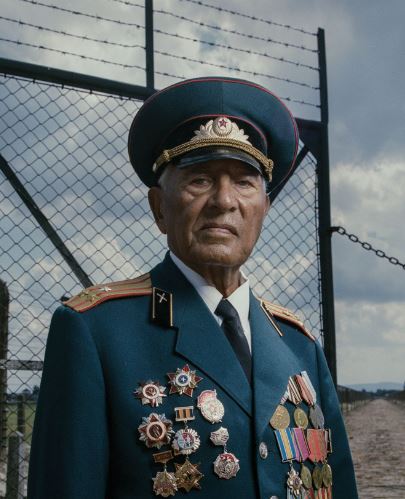
Ivan Bilashchenko
Ocalały z Holocaustu i były żołnierz Armii Czerwonej
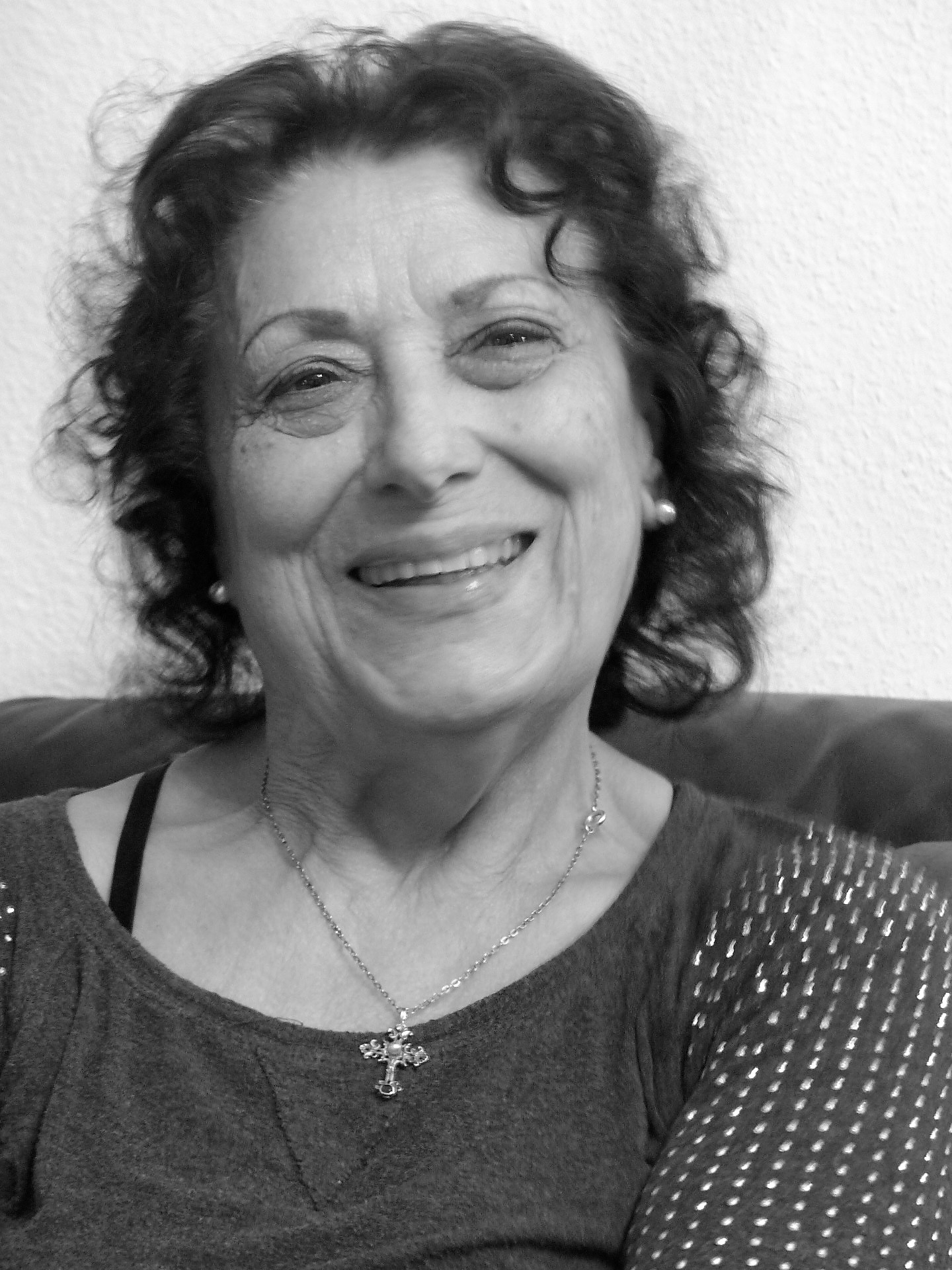
Rita Prigmore
ocalała z Holokaustu
Statements 2021
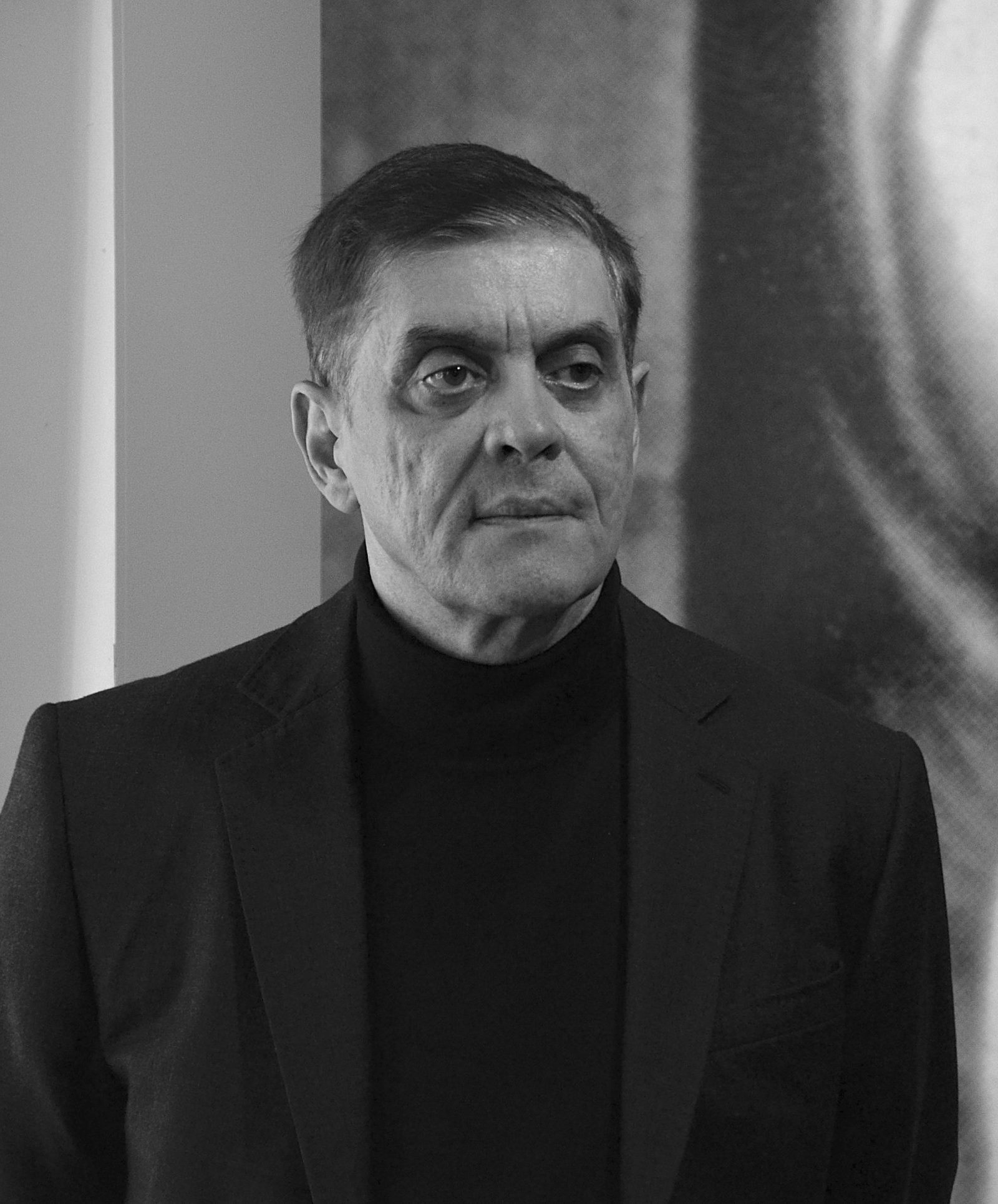
Romani Rose
Przewodniczący Centralnej Rady Niemieckich Sinti i Romów
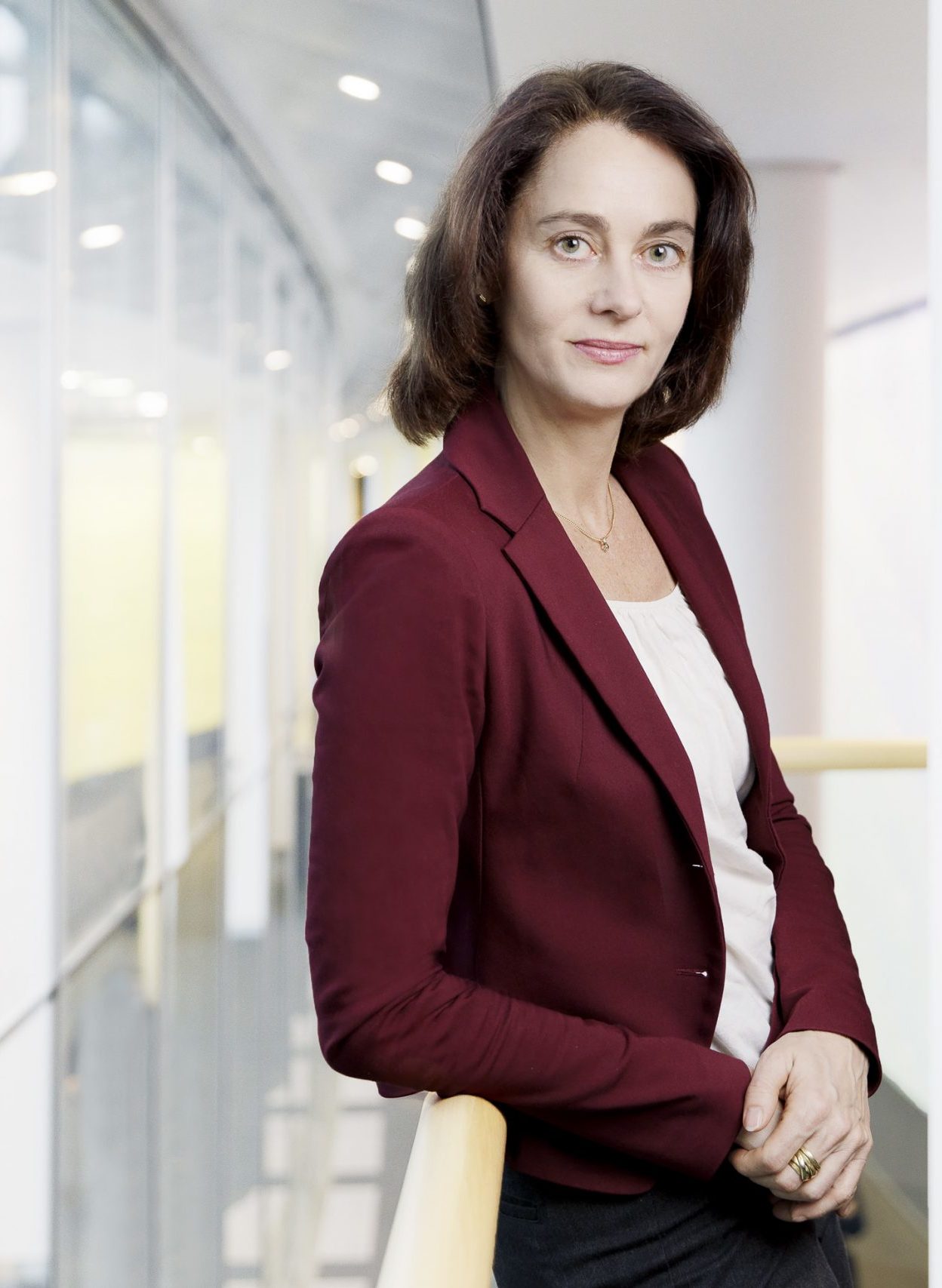
Katarina Barley
Vice President of the European Parliament
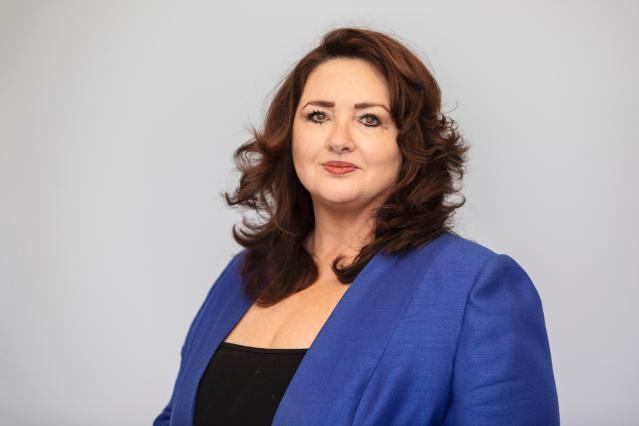
Helena Dalli
Komisarz ds. Równości Unii Europejskiej
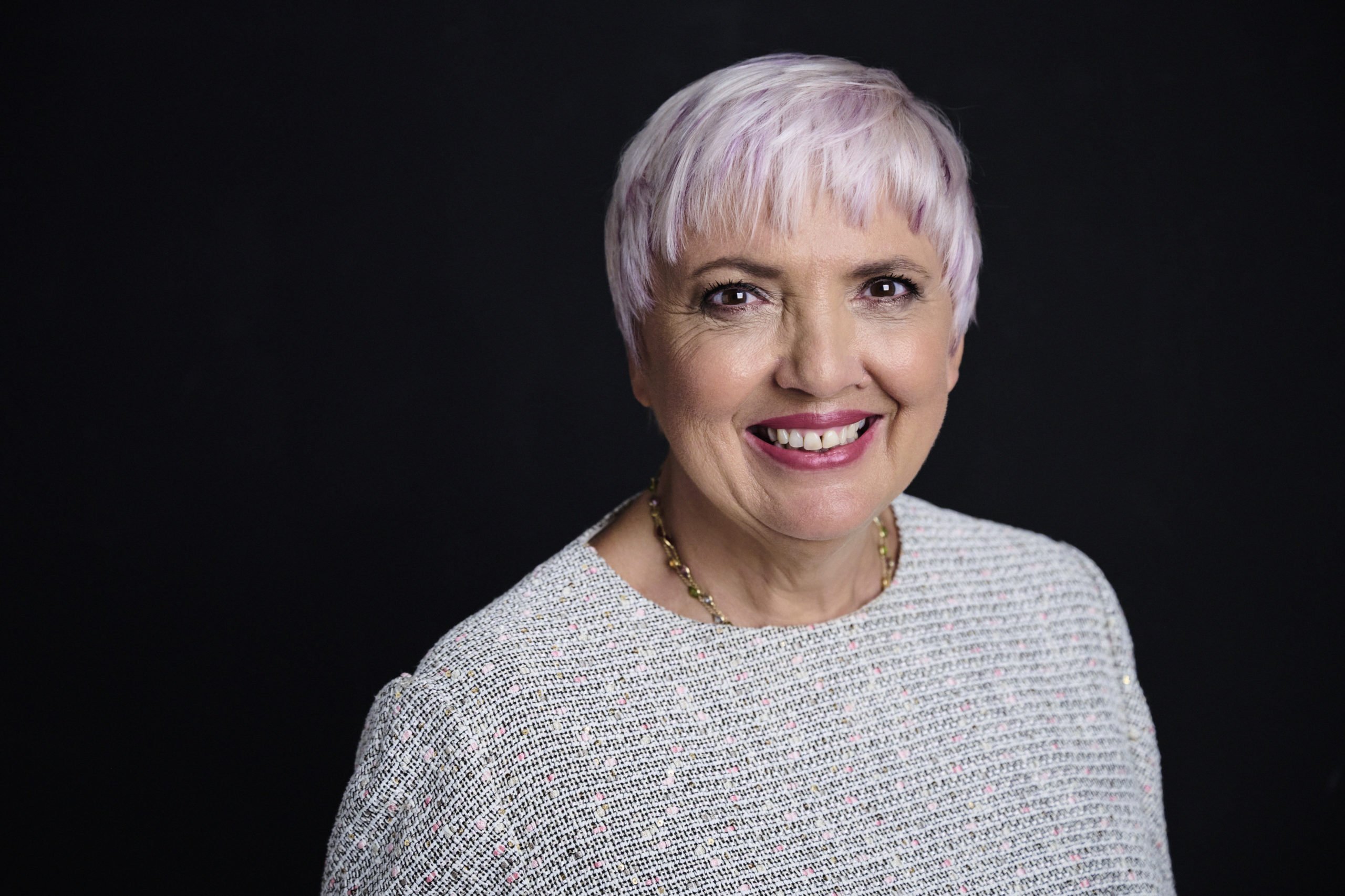
Claudia Roth
Vice President of the German Bundestag
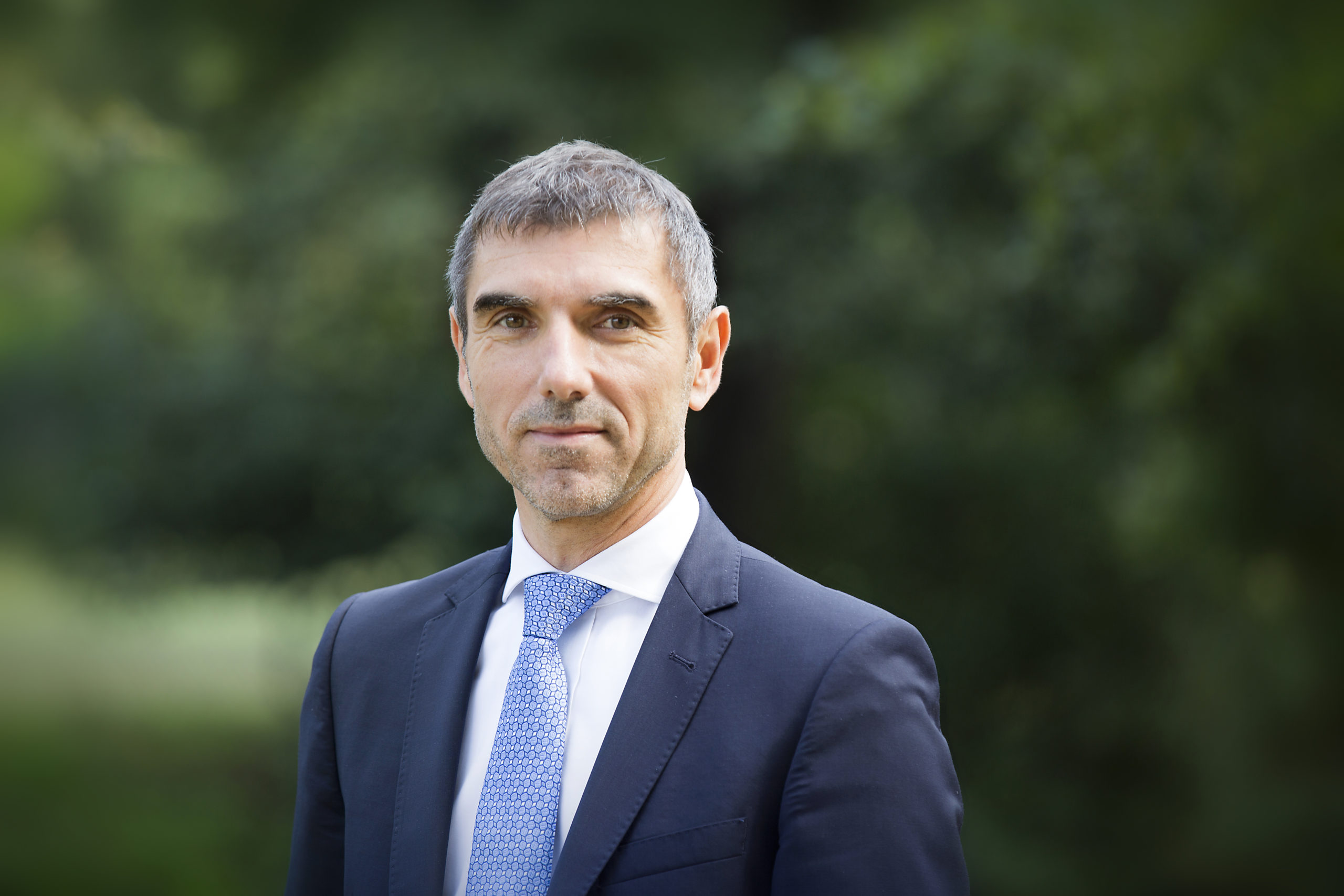
Paul Blokhuis
Dutch State Secretary Paul Blokhuis
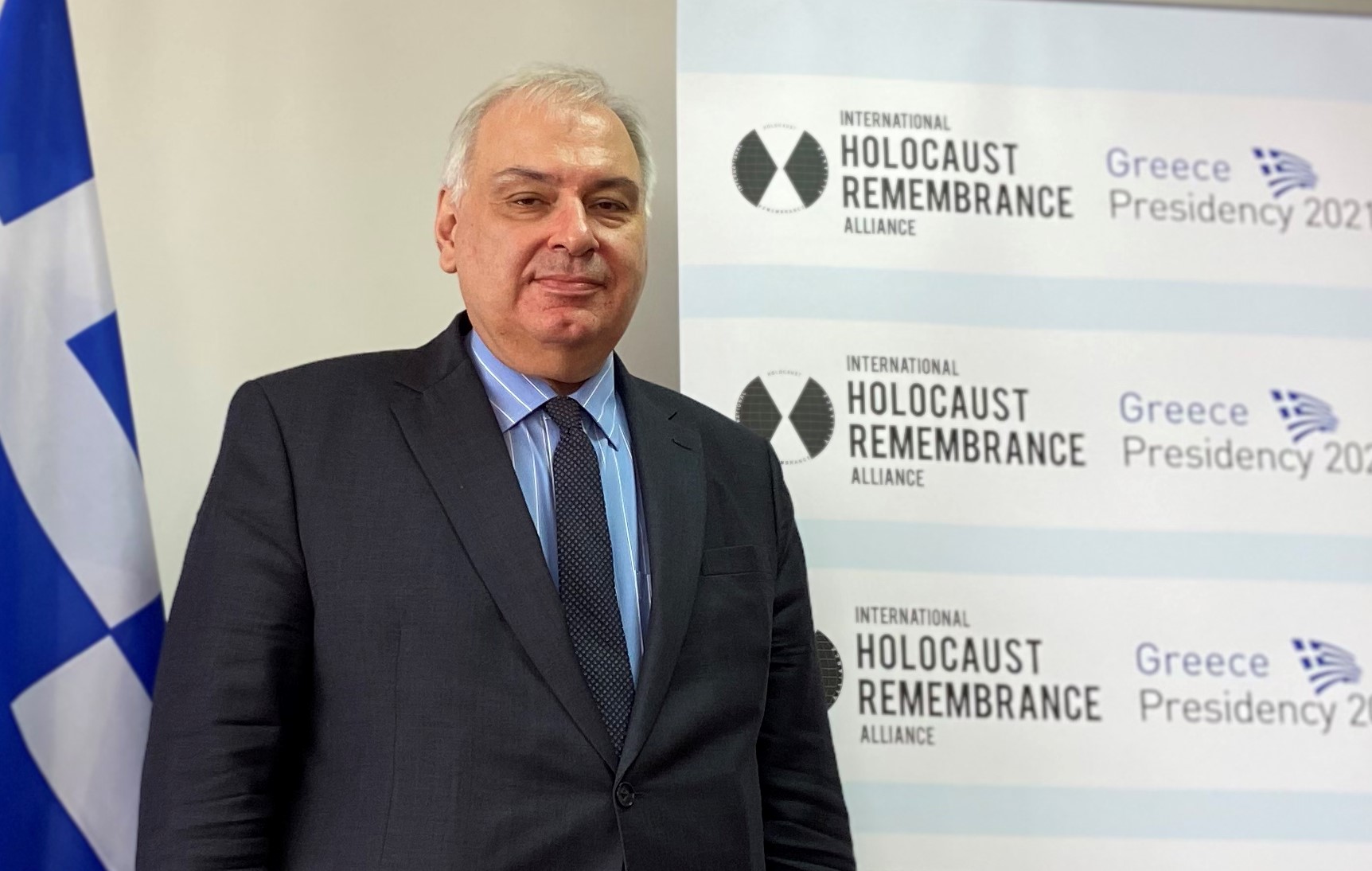
Chris J. Lazaris
Amb. Chris J. Lazaris, IHRA Chairman
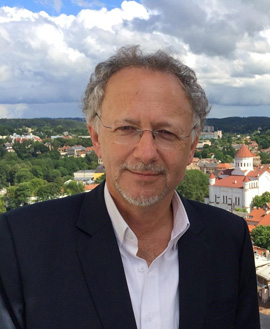
Fernand des Varennes
UN Special Rapporteur UN minorities
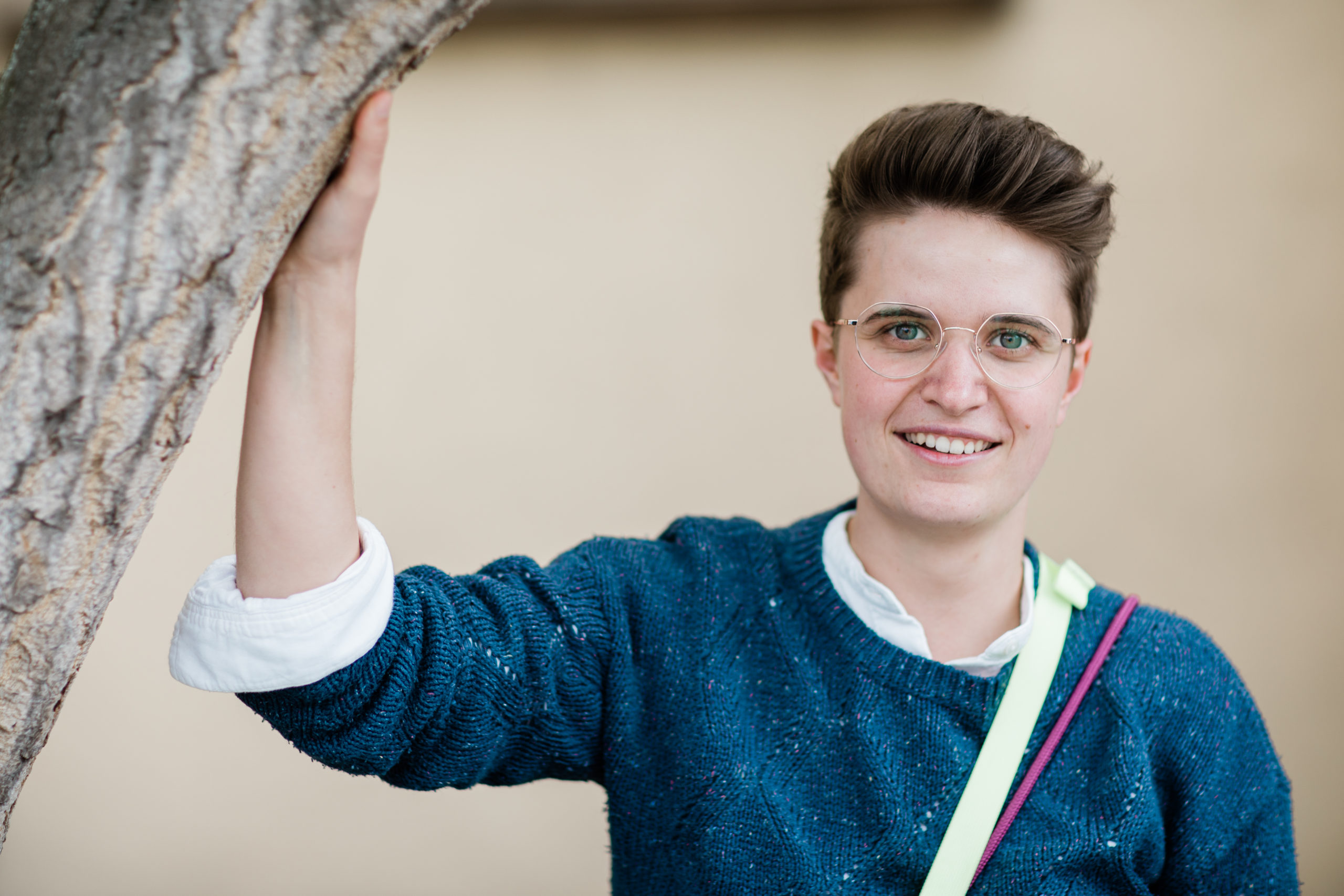
Anna-Nicole Heinrich
President of the Synod of the Evangelical Church in Germany (EKD)

Justin Trudeau
Prime Minister of Canada
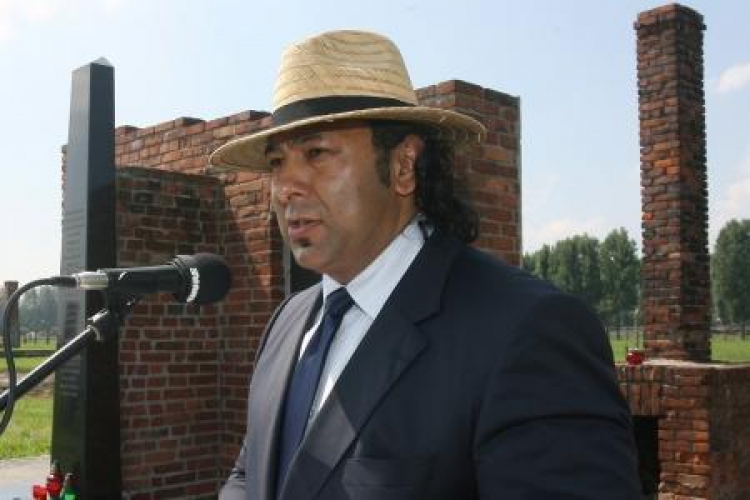
Roman Kwiatkowski
Chairman of the Association of Roma in Poland
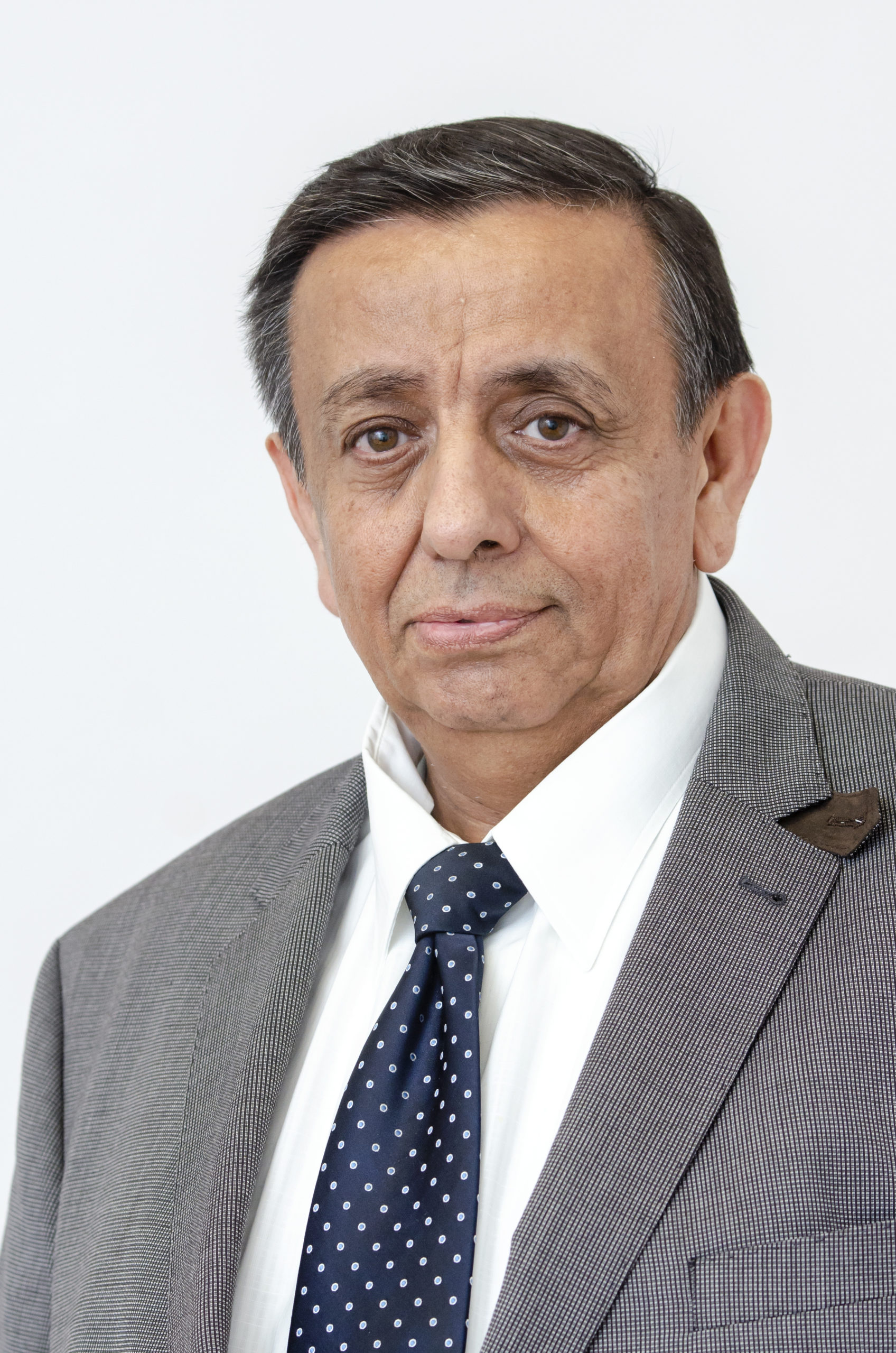
Erich Schneeberger
Deputy Chairman of the Documentation and Cultural Center of German Sinti and Roma and Chairman of the Association of German Sinti and Roma
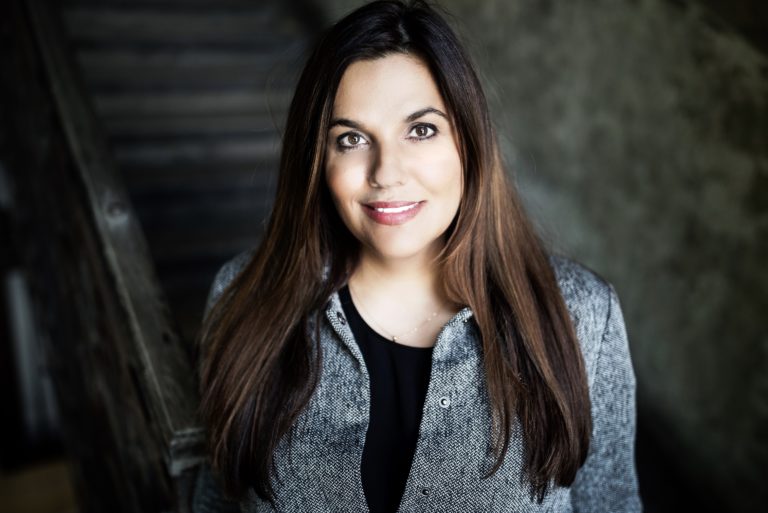
Timea Junghaus
Executive Director
European Roma Institute for Arts and Culture (ERIAC)
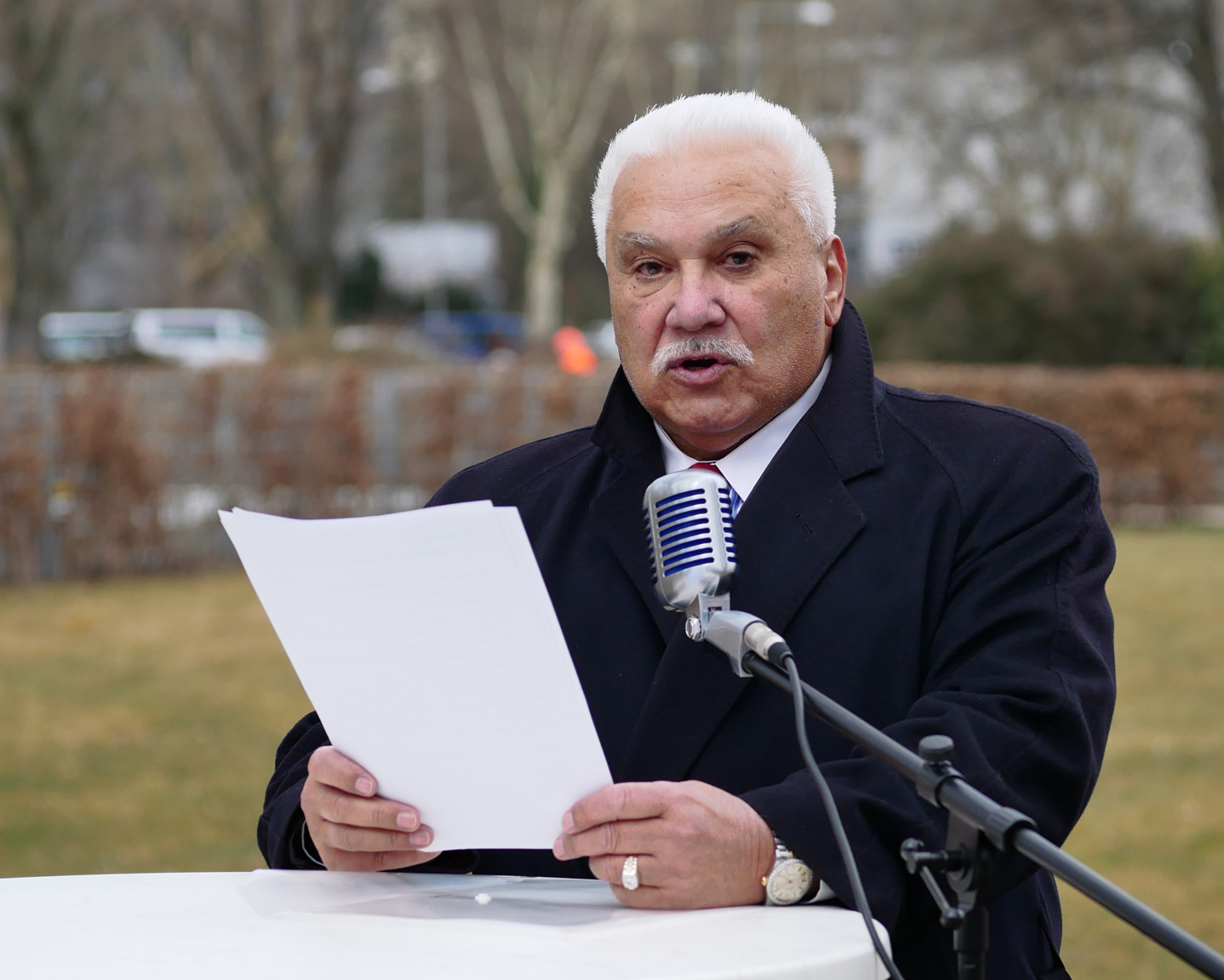
Adam Strauß
Chairman of the Council of German Sinti and Roma in Hesse
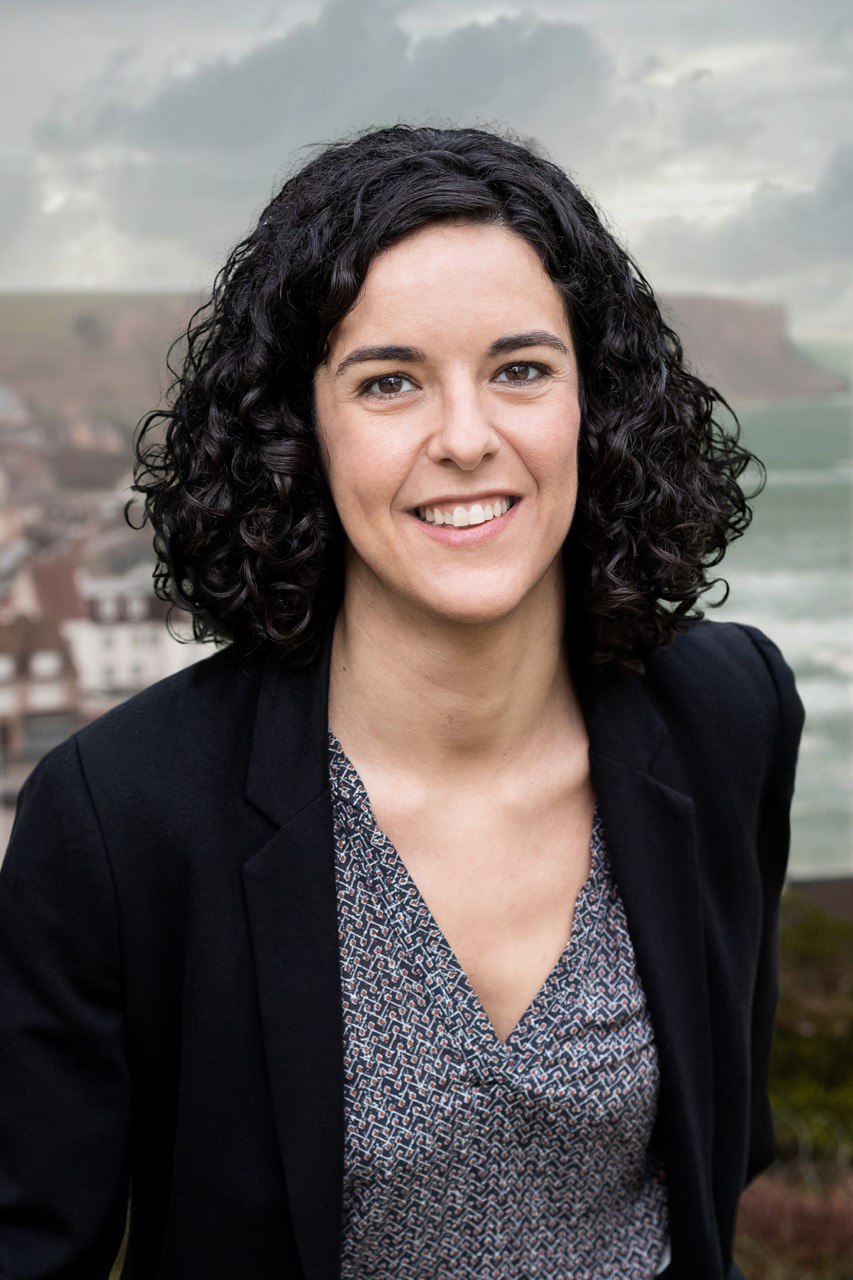
Manon Aubry
Manon Aubry, MEP
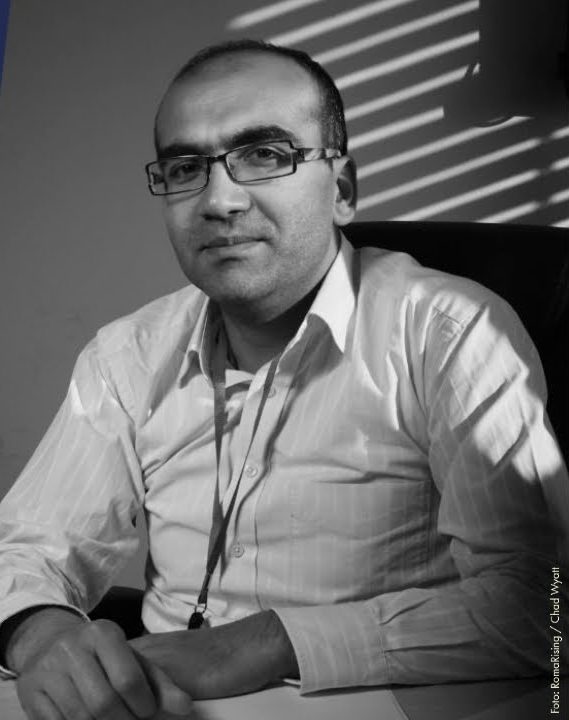
Adrian-Nicolae Furtuna
Historian at the University of Bucharest
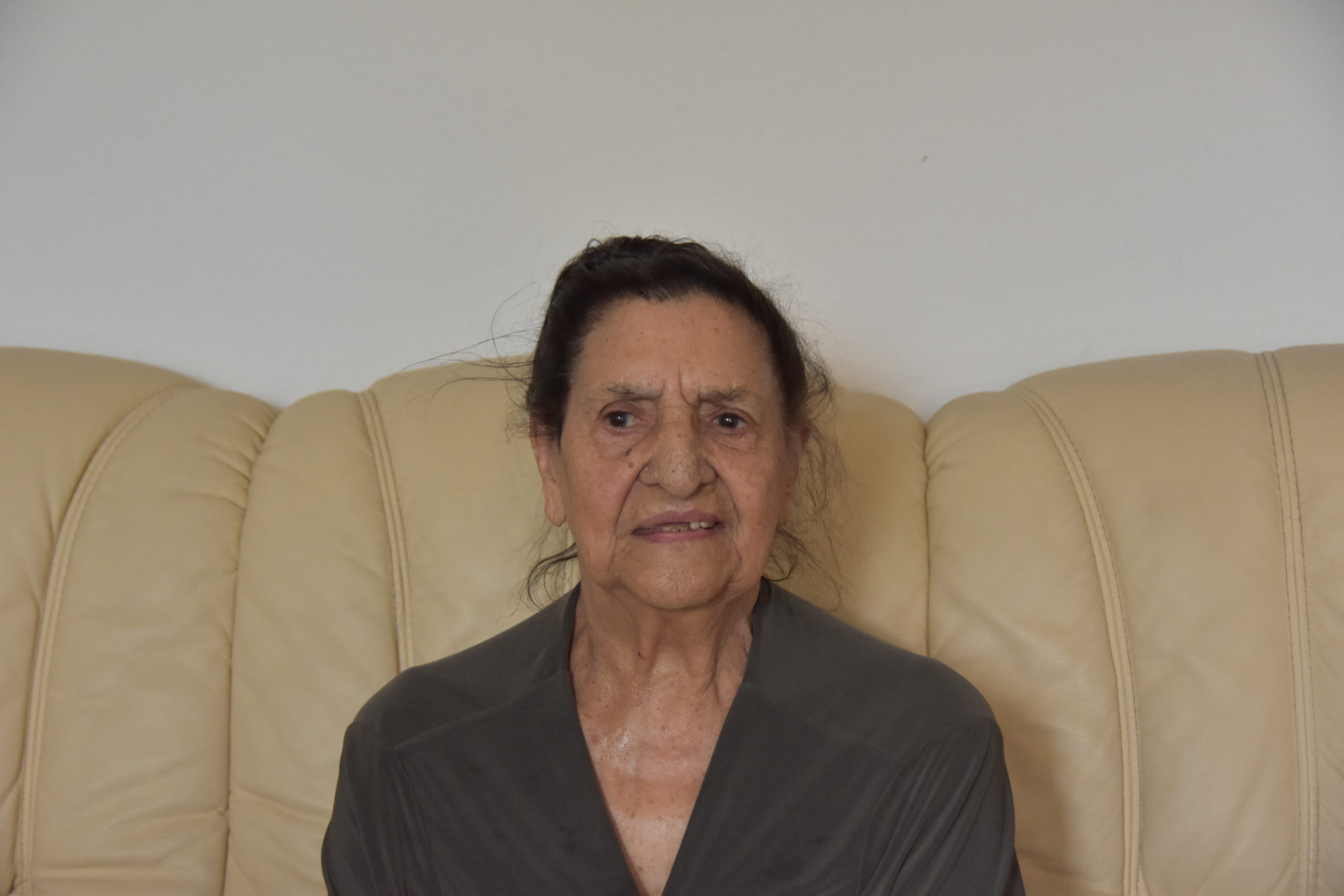
Philomena Franz
Holocaust Survivor

Angelina Kappler
German former Weinkönigin
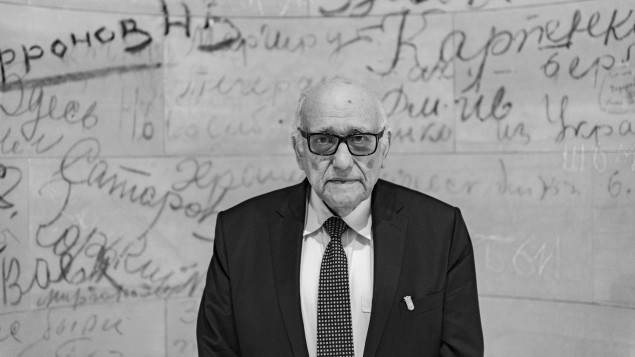
Marian Kalwary
Chairman of the Association of Jews,
Survivors and Victims of the Second World War
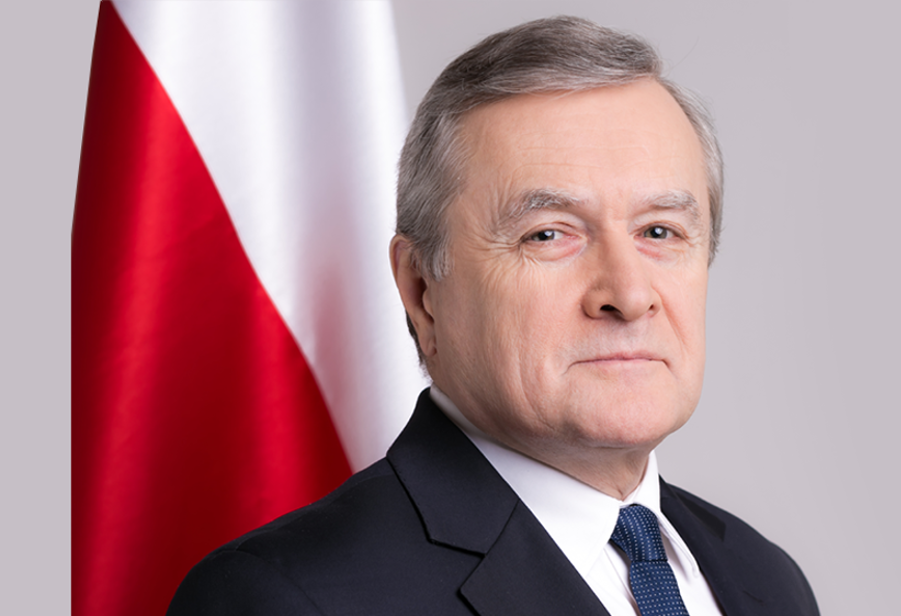
Piotr Gliński
First Deputy Prime Minister and the Minister of Culture and National Heritage of Poland
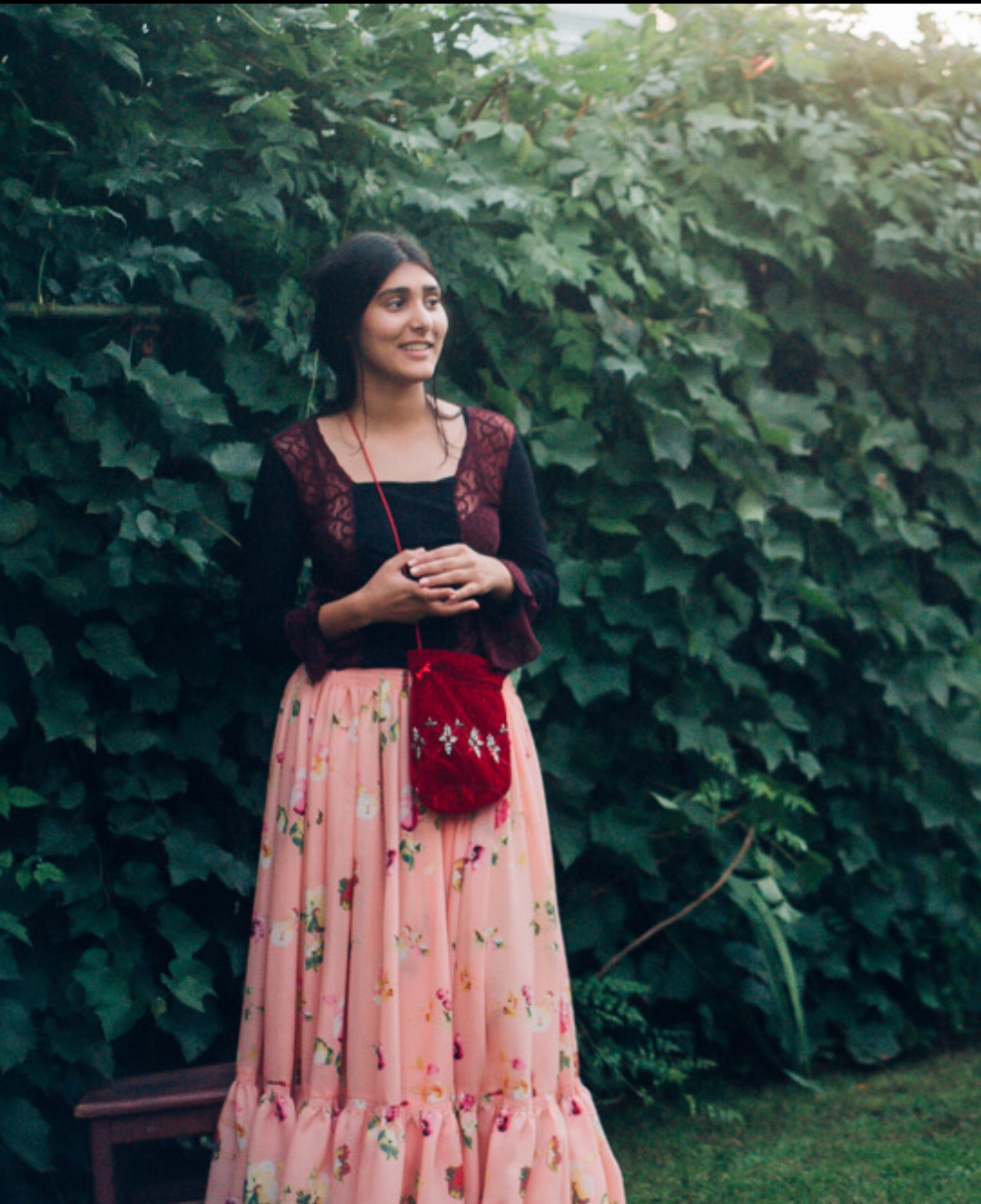
Izabela Tiberiade
Young Activist from Sweden
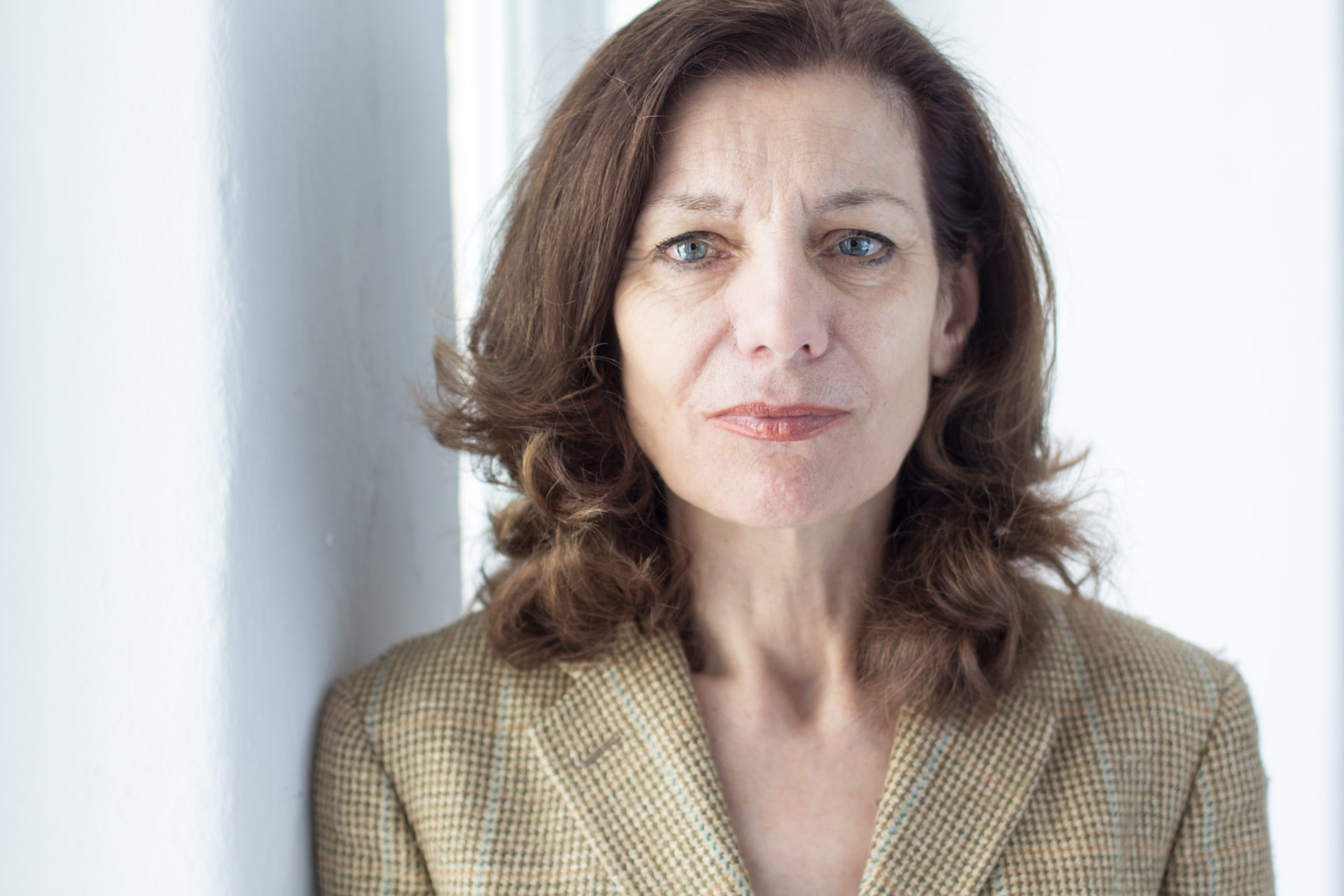
Ursula Krechel
Writer
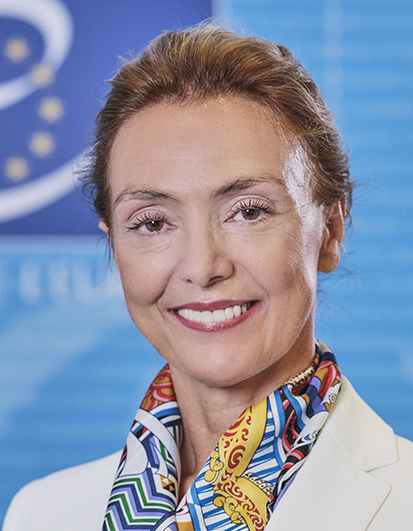
Marija Pejčinović Burić
Sekretarz Generalny Rady Europy
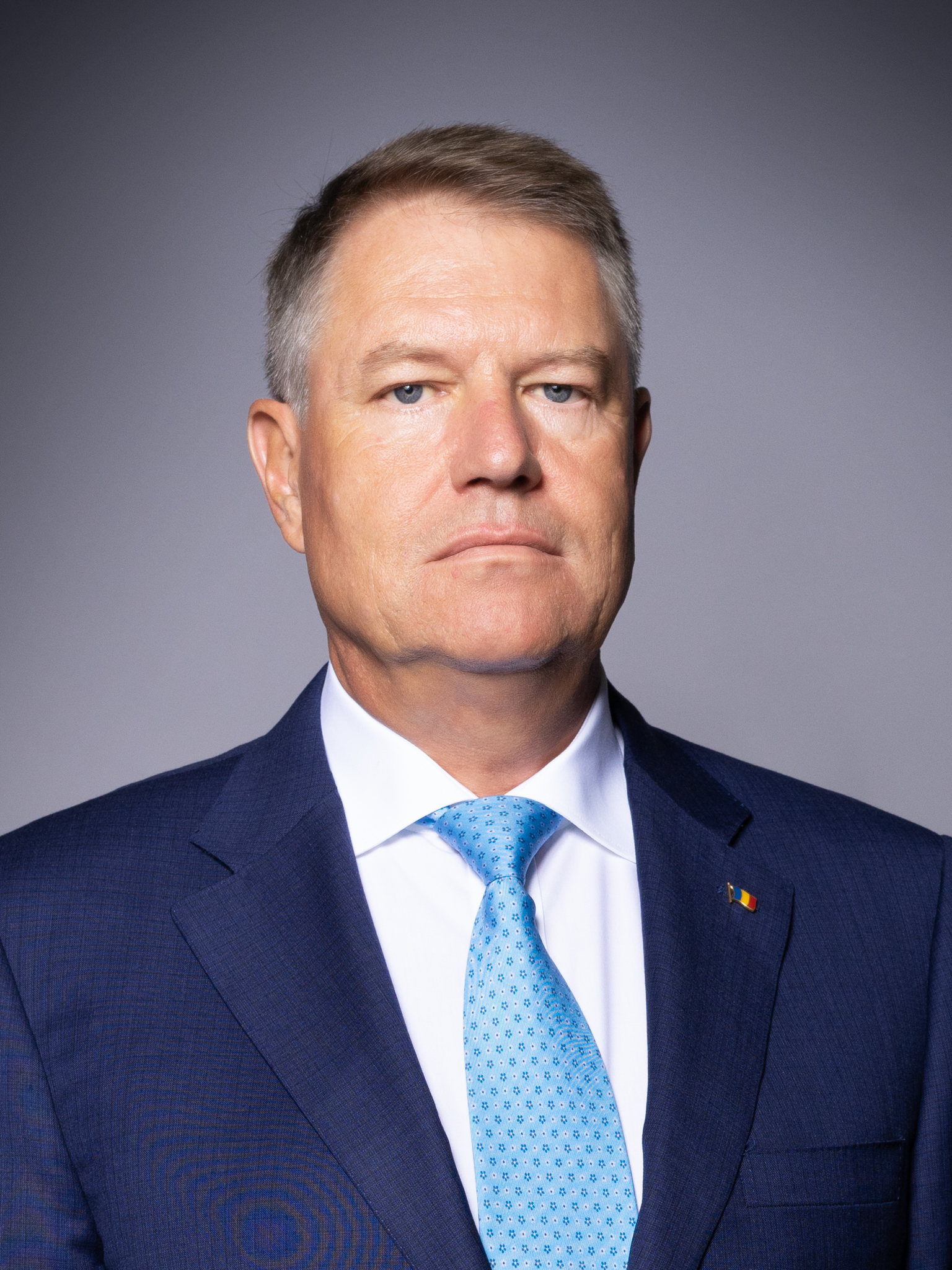
Klaus Iohannis
Prezydent Rumunii










